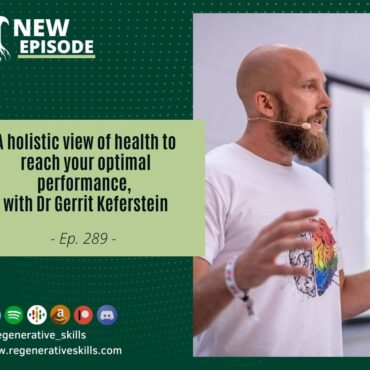
A holistic view of health to reach your optimal performance, with Dr Gerrit Keferstein
Today I’m going to dive deeper into the broad topic of holistic health and wellness for this ongoing series that I started with Richard Perkins a couple weeks ago. In […]

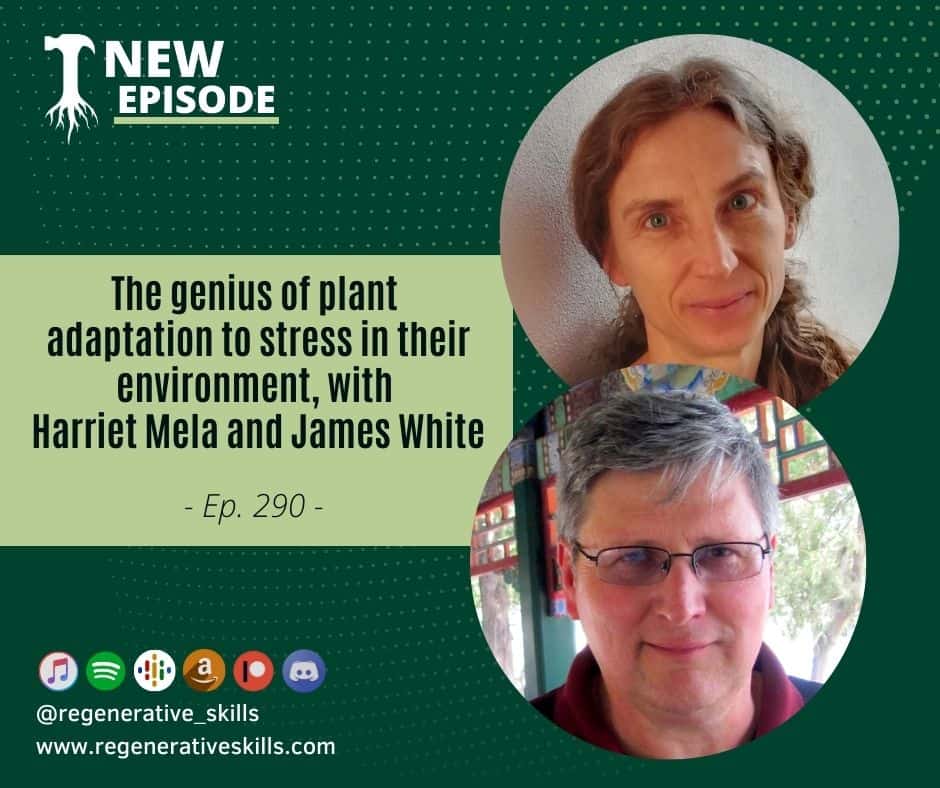
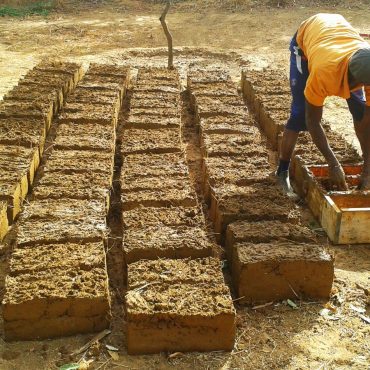
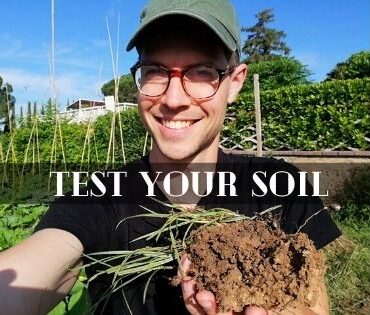
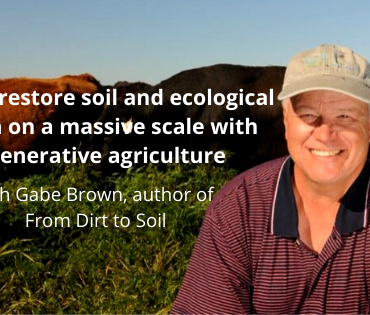
Hugo Morvan on May 4, 2023
Good to see you’re catching up guys. Going to seed is the organisation representing landrace growers worldwide, distributing established landrace and grexes. Get Joseph Lofthouse on. Pascal Poot is a French seed distributor in one of Eurpe’s hottest pockets who grows without watering.